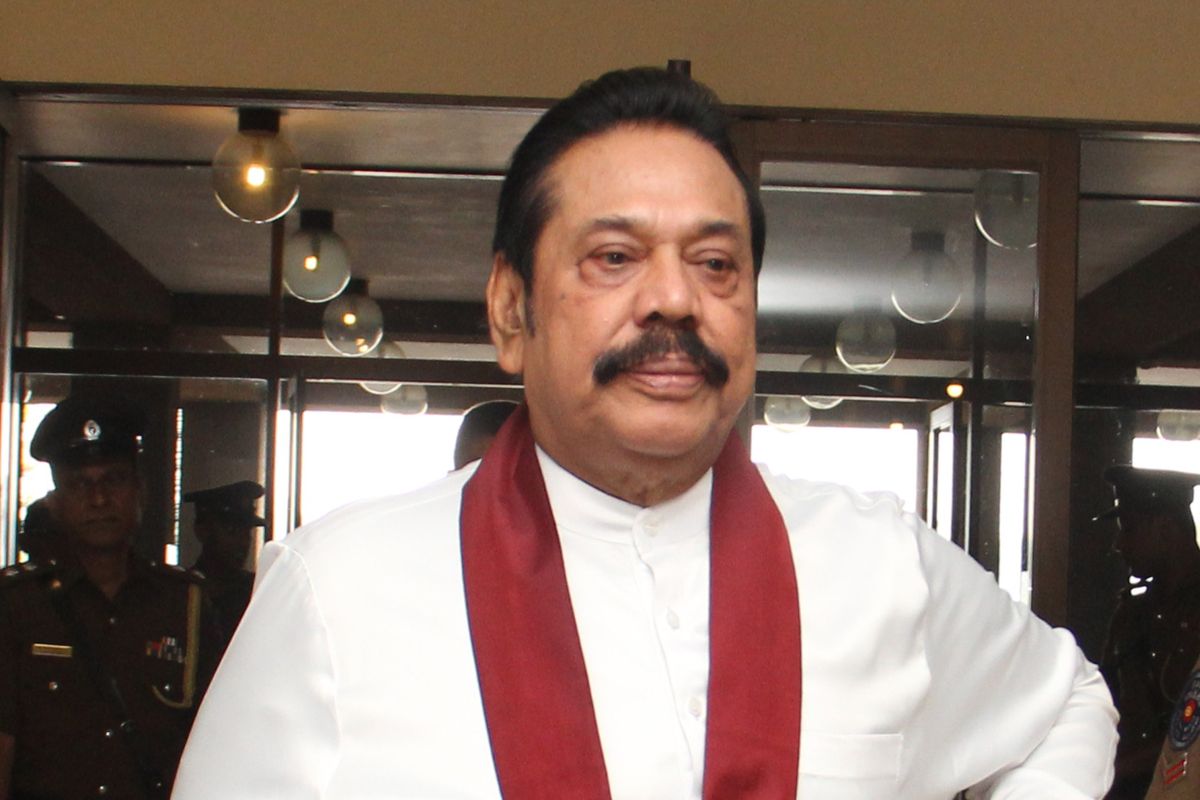Handloom fashion show at Bharat Tex 2025 attracts buyers from Europe, Australia
The event was organised at the amphitheatre in Bharat Mandapam as part of the Bharat Tex 2025 exhibition being held here from February 14-16.
Rajapaksa, the main opposition leader, will be appointed as prime minister after incumbent Wickremesinghe steps down formally on Thursday.

Mahinda Rajapaksha (Photo: IANS)
Sri Lanka President Gotabaya Rajapaksha’s elder brother Mahinda Rajapaksa will be sworn as the new Prime Minister of the country on Thursday.
On Wednesday, Gotabaya named his brother’s name as the new incumbent leader of the country after Ranil Wickremesinghe announced his resignation from the post following the election debacle.
Advertisement
Rajapaksa, the main opposition leader, will be appointed as prime minister after incumbent Wickremesinghe steps down formally on Thursday, his spokesman Rohan Weliwita was quoted as saying by Times Online.
Advertisement
On Tuesday, Rajpaksha sought the resignation of Wickremesinghe after his younger brother Gotabaya became the President, asserting that governance will improve if the President and the Cabinet are from the same party.
Gotabaya was on Monday sworn in as Sri Lanka’s seventh President at an ancient Buddhist temple, a venue chosen to reflect the massive mandate he got from the Sinhalese majority, as he vowed to protect all communities while giving foremost priority to Buddhism.
Gotabaya defeated Wickremesinghe’s deputy Sajith Premadasa.
Rajapaksa was appointed the prime minister on October 26, 2018, by the then President Maithripala Sirisena, who sacked Wickremesinghe in a controversial move that plunged the country into an unprecedented constitutional crisis.
Rajapaksa won power in 2005 and went on to become South Asia’s longest-serving leader. He became the country’s youngest-ever parliamentarian in 1970 at the age of 24.
Advertisement